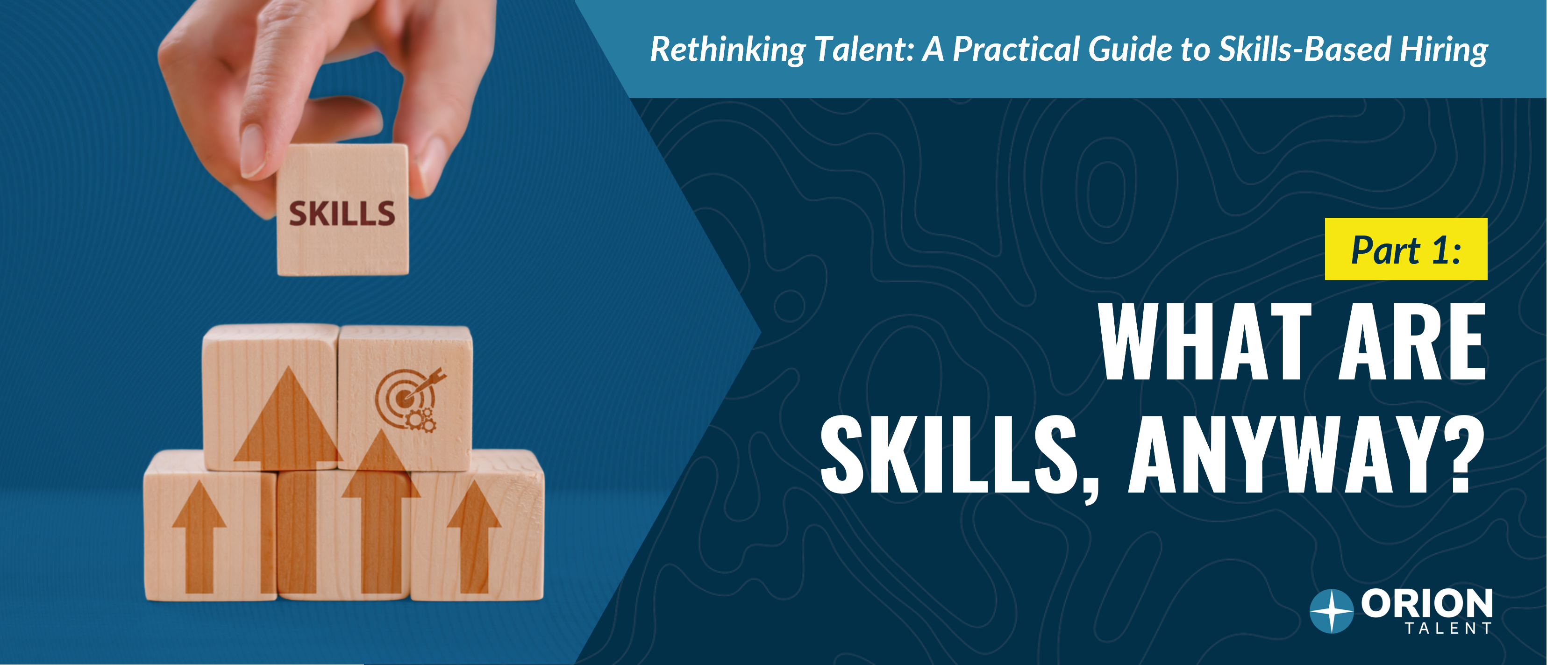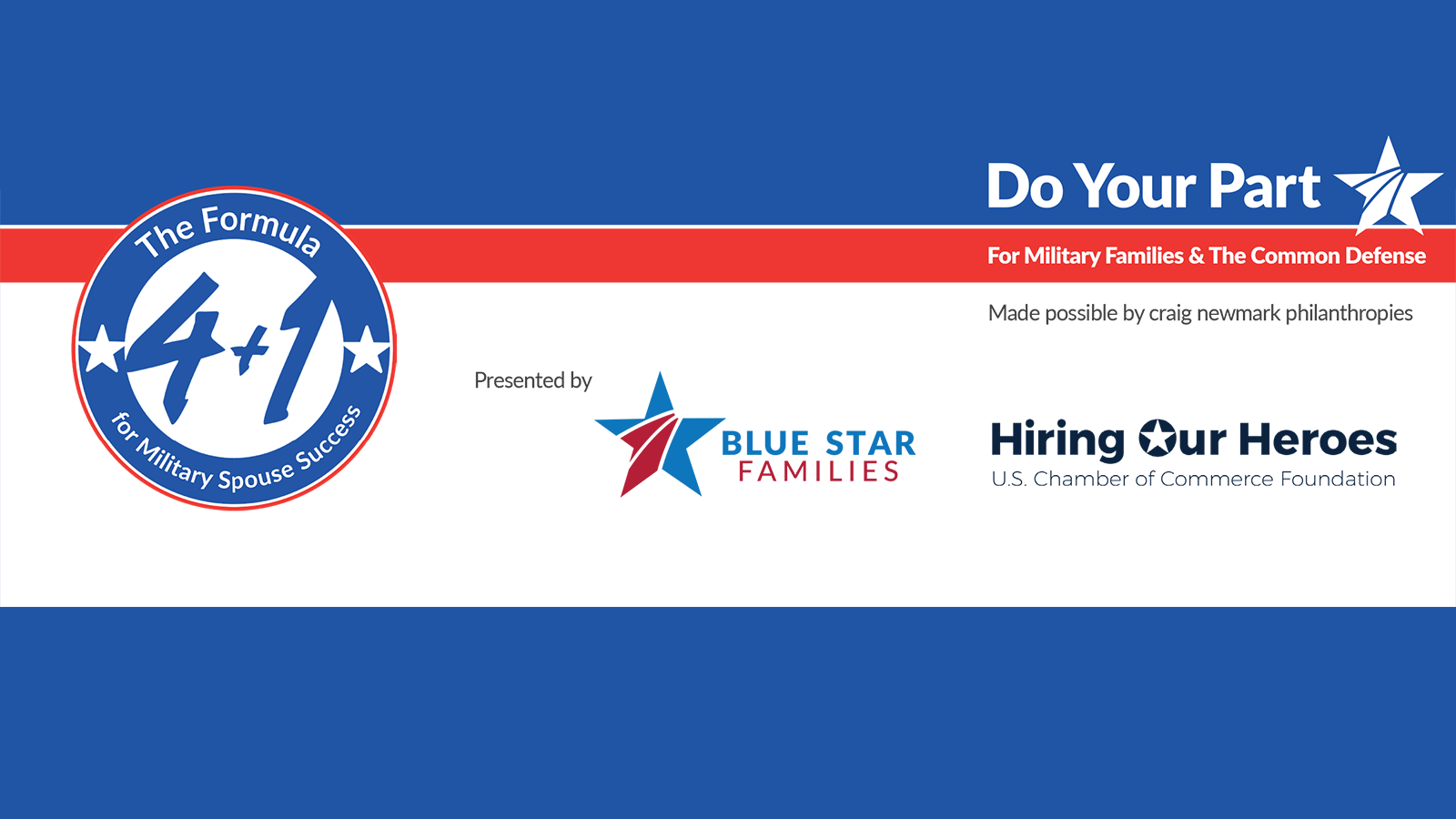Recruitment marketing is one of those trendy terms being used to describe much of the work that recruiters and their organizations are already doing to attract top talent and keep their recruiting pipelines full.
In this quick guide, we’ll discuss recruitment marketing, the strategies and tactics used to attract highly qualified candidates, and the metrics you’ll need to track in order to determine whether it’s working for your organization.
What is Recruitment Marketing?
Recruitment marketing can be many different things, but when you boil it down, it is simply the strategies and tactics that an organization utilizes to find, attract, engage, and nurture potential talent before they apply for a position. It’s all the stuff that recruiters do to source great candidates, attract them to the organization, and make them want to apply for a job.
It’s marketing for talent.
The activities and tools you can use while marketing for candidates is nearly endless and many of the fundamentals of recruitment marketing come straight out of traditional marketing strategies and tactics. Let’s take a look at some of the key ingredients of recruitment marketing.
Key Elements of a Successful Program
There are a few elements necessary for a successful recruitment marketing program. While you may already be engaging in several strategies and tactics to attract candidates, these key elements are the foundation of a fully formed and well-constructed recruitment marketing program.
Your Employer Brand
Employer branding is something that we talk about a lot because it is (or should be) a reflection of your organization’s values, culture, and mission. Your brand is what entices top talent to apply for positions with your company and gives candidates a glimpse into what it would be like to work for your organization.
The Candidate Experience
Throughout the hiring process, candidates are judging your organization through their experience. We call this is the candidate experience. It’s a window into what it would be like to work for your organization. A positive experience bolsters your employer brand. On the other hand, a bad experience not only hurts your brand and drives away top talent, but it can even hurt your company’s bottom line.
Your Employee Value Proposition (EVP)
Your EVP is very closely related to your employer brand, and serves as the underpinning on which your organization’s brand is built. Essentially, the employee value proposition defines the “What’s in it for me?” or “WIIFM” your company offers to employees in return for their performance. Whether it’s career progression, amazing perks, or something specific to the role you’re recruiting for, your EVP needs to be a part of your messaging.
Your Candidate Personas
Candidate personas are representations of your ideal candidate. These target personas help you focus on exactly who you want to hire for specific positions within your organization and are a profile of the ideal skills, cultural fit, and experiences of the talent you want to attract. Knowing your candidate personas will help you to create more relevant and engaging job descriptions, understand the sourcing channels where your ideal candidates are, and create alignment across your team.
Analyze Your Competitors
Gathering intelligence on your competitors allows you to see what they are doing to attract top talent. Analyzing that information helps you discover the best tactics to attract your target candidates and uncover strategies that will help you gain a competitive advantage.
Recruitment Marketing Strategies and Tactics
As you already know, there are lots of different tactics and strategies that fall into the category of recruitment marketing. Chances are, you’re already using a lot of them, depending on the types of jobs that you’re sourcing for. Regardless of the strategies you choose, it’s important to keep the key elements we discussed above in mind and make sure your organization’s brand, culture, and EVP are clear.
Job Postings & Boards
- Use dynamic and descriptive job titles
- Include job description keywords for search engine optimization (SEO) and make sure that job seekers can find your open position (we’ll dive into SEO in a future post)
- Post jobs on the best job boards for the industry and the places where your targeted candidates tend to search
- Make sure your postings are optimized for mobile
- Include photos and videos wherever possible
Your Company Career Site
- Your career site should make your employer brand clear to visitors
- It should include your company mission and allude to your EVP
- Pages should be SEO optimized
- Career site should be mobile responsive
- Include video, photos, and employee testimonials if possible
Social Media
- 92% of all companies use social media for recruiting, so you’ll need to use it wisely to be competitive
LinkedIn, Twitter, and Facebook are the top channels to focus on for most jobs, but consider industry-specific networks for special industries
- Use photos, videos, and content to attract candidates to your company
- Post jobs on Twitter with a unique hashtag for your open positions
- Be sure to monitor your social media analytics to determine what’s effective for your company
- Employee Referral Program
- Implement an employee referral program for your organization
- Create campaigns for open positions
Other Tactics
- Consider content marketing for your career site and post on social media, including photos, videos, ebooks, -webinars, infographics, and articles
- Keep a database of applicants, unsuccessful candidates, and those who have subscribed to your site or social media pages for future recruitment marketing efforts
- Create email nurturing campaigns targeted to former applicants and those who have expressed interest in working for your organization
- Attend recruiting and industry events
Tracking Your Recruitment Marketing Efforts
The only way to be sure that your recruitment marketing efforts are paying off is to monitor the results and track the metrics. In order to do this, you’ll keep track of the metrics involved in specific media such as response rates for email, social media metrics, and website analytics, but you’ll also monitor the metrics that you’re already using for recruiting itself.
Ultimately, successful recruitment marketing will lower your recruiting costs, and reduce time to hire, as well as attracting better talent. Here are some metrics you should monitor:
- Cost per hire: recruitment marketing spend divided by the number of hires
- Cost per applicant: recruitment marketing spend divided by the number of applicants
- Visitor to applicant ratio: number of applicants divided by the number of visitors to your career site
- Applicant to hire ratios
- Time to hire
- Quality of hire
Conclusion
Although recruiters have largely focused on their assessment and sales skills to reach their recruiting goals, it’s clear that marketing skills are more needed than ever. Candidate-driven job marketing means that organizations must work harder to find and attract top talent.
Although you’re probably using some of these tactics and strategies right now in your recruiting, implementing a complete recruitment marketing program for your organization will keep your talent pipeline full, ensure that you engage the best candidates for your open positions, and lower your recruiting costs.
Archives
- February 2026
- January 2026
- December 2025
- November 2025
- October 2025
- September 2025
- August 2025
- July 2025
- June 2025
- May 2025
- April 2025
- March 2025
- February 2025
- October 2024
- May 2024
- March 2024
- February 2024
- January 2024
- December 2023
- November 2023
- October 2023
- September 2023
- August 2023
- July 2023
- June 2023
- May 2023
- April 2023
- March 2023
- February 2023
- January 2023
- December 2022
- November 2022
- October 2022
- September 2022
- August 2022
- July 2022
- June 2022
- May 2022
- April 2022
- March 2022
- February 2022
- January 2022
- December 2021
- November 2021
- October 2021
- September 2021
- August 2021
- July 2021
- June 2021
- May 2021
- April 2021
- March 2021
- February 2021
- January 2021
- December 2020
- November 2020
- October 2020
- September 2020
- August 2020
- July 2020
- June 2020
- May 2020
- April 2020
- March 2020
- February 2020
- January 2020
- December 2019
- November 2019
- October 2019
- September 2019
- August 2019
- July 2019
- June 2019
- May 2019
- April 2019
- March 2019
- February 2019
- January 2019
- December 2018
- November 2018
- October 2018
- September 2018
- August 2018
- July 2018
- June 2018
- May 2018
- April 2018
- March 2018
- February 2018
- January 2018
- December 2017
- November 2017
- October 2017
- September 2017
- August 2017
- July 2017
- June 2017
- May 2017
- March 2017
- February 2017
- January 2017
 RSS Feed
RSS Feed




















